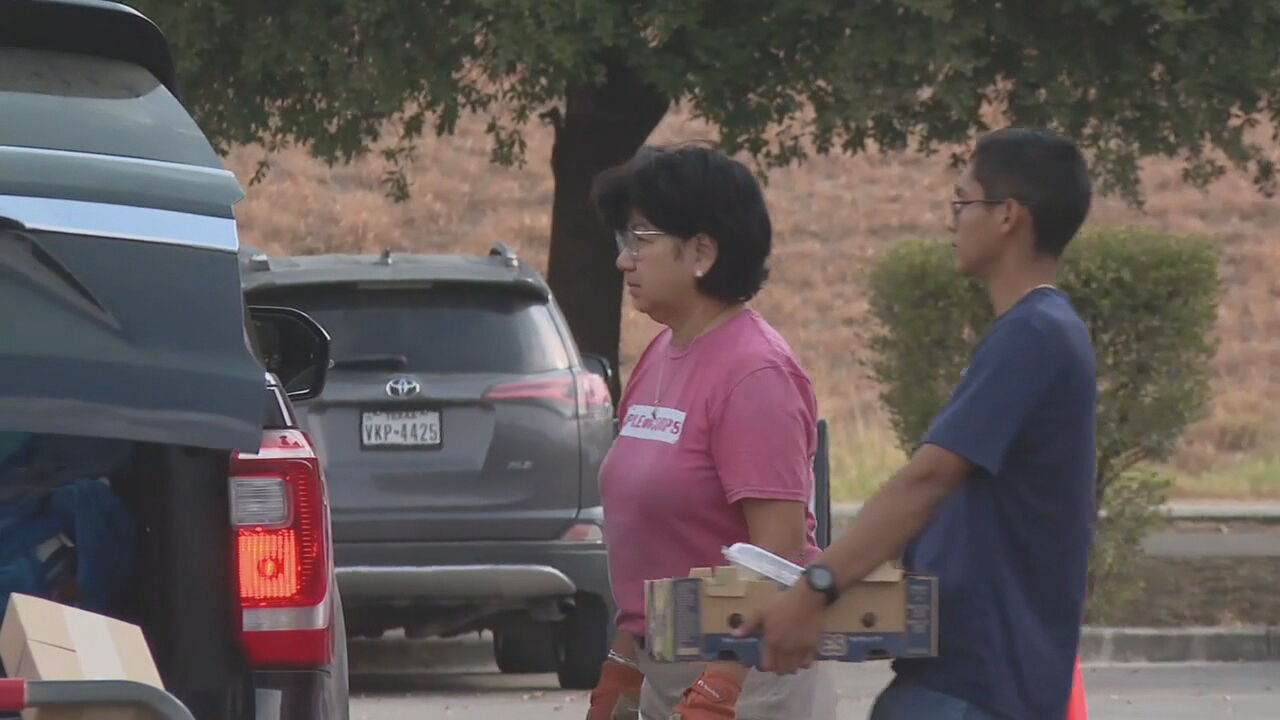SAN ANTONIO – Thousands of San Antonio residents relying on food assistance are anxiously monitoring the ongoing government shutdown, now in its 22nd day, as funds that help put food on their tables could soon run out.
In Bexar County alone, nearly 300,000 people depend on Supplemental Nutrition Assistance Program (SNAP) benefits, enough to fill the Alamodome more than four times, and many are concerned about potential delays in payments.
Jadie Duke, a San Antonio mother who has relied on SNAP benefits for nearly a decade, turned to a local food bank for the first time, uncertain about how she will feed her family.
“We were doing okay and everything. Now I’m coming out to food banks trying to get help. And there’s times where the main food banks, I try to get registered, and they’re just full to capacity,” Duke said.
As a mother of two sons with epilepsy, Duke is worried and hopes the government shutdown ends soon.
“It’s just us three, and I’ve been trying to do things on my own and try to but it’s just, it’s been hard. It’s been really, really hard,” she added.
Sophia Peralez, the Empowerment Director at Eagles Flight Advocacy & Outreach, noted a surge in demand at the San Antonio Food Bank.
“We’ve lost about a third of our funding through government grants. So we already feeling it. We’ve already noticed that it’s causing some strain on us, but we’re still here to serve,” she said.
The organization is seeing about 70 families a day on average, with supplies running low.
“We just had a large trailer that we get every other week, and we’re almost out of food already, and it’s only been a week,” Peralez explained.
Amid the uncertainty, Eric Cooper, CEO of the San Antonio Food Bank, said they are not only assisting families affected by the shutdown, but also responding to other crises, such as recent flooding in the Hill Country.
“We’re starting to see families already, as soon as that notice went out. The panic, the fear, the stress, the uncertainty. As it gets closer to the 27th, I think we’ll start to see a little bit more swell and momentum,” Cooper said.
Cooper emphasized four ways to help: donating food, volunteering time, giving money, and using one’s voice.

